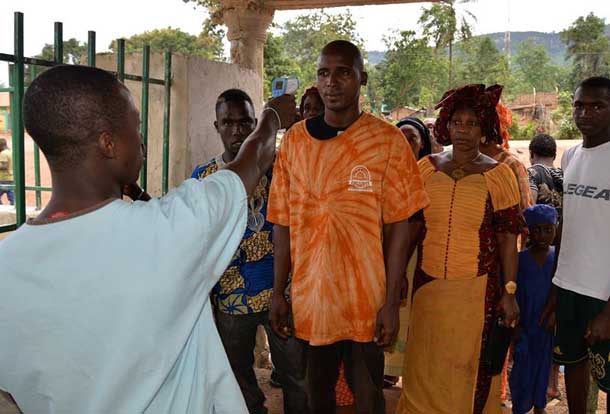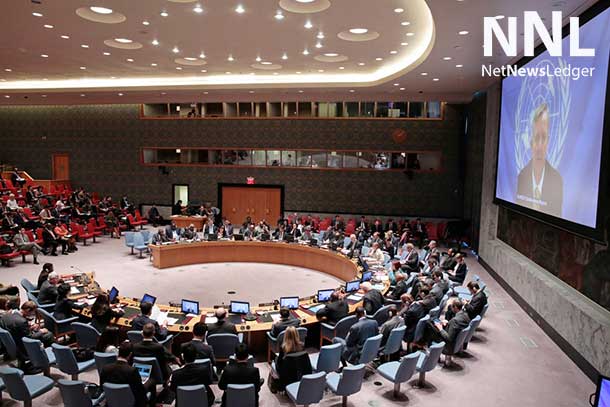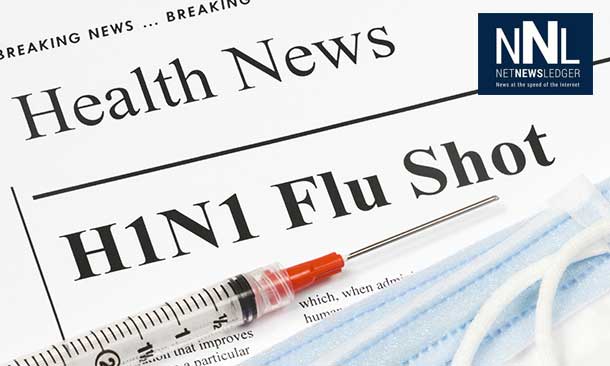
Stringent Ebola checks for 3 million Haj pilgrims
JEDDAH SAUDI ARABIA – NEWS – At King Abdulaziz International Airport in Jeddah, Saudi Arabia, rapid intervention teams are screening arriving passengers for Ebola.
The airport’s health director are ordering the team to check a plane loads of pilgrims from Nigeria, where there has been an Ebola outbreak.
Saudi Arabia introduced a screening program to check arriving passengers for signs of the deadly Ebola disease. This, as the country prepares to receive some 3 million pilgrims for the annual Muslim Haj, many of whom will be traveling from Nigeria.
Abdulghani Al-Maki, the Director of Health Surveillance at the Kin Abdulaziz International Airport states, “This team is working on a 24-hour a day basis. If there are any suspected cases, the team is to intervene and deal with them and accompany the patient on a secure path, transferring them from the airport.”
The Battle Against Ebola is Continuing
United Nations Secretary-General Ban Ki-moon today welcomed signs of solidarity in the fight against the Ebola virus outbreak in West Africa and called on all countries and organizations to move swiftly to support the Governments of the countries affected.

In a statement from his spokesperson, the Secretary-General also welcomed the deployment by the Cuban Government of 165 physicians, nurses, epidemiologists and other specialists to Sierra Leone to assist the Ebola response. According to the World Health Organization (WHO) the Cuban doctors are expected to arrive in Sierra Leone in the first week of October for a period of six months.
Meanwhile, offers of cash, equipment and personnel from Governments, non-governmental organizations (NGOs) and the private sector have also begun to materialize. Just last week, the United States Agency for International Development announced plans to make an additional $75 million available.
More than 100 experts, most of them from the United States Centers for Disease Control and Prevention, are deployed to the region in an effort to prevent, detect and halt the virus’s spread.
While welcoming the efforts, Mr. Ban stressed that more countries must move swiftly to support the Governments of the countries affected, through the WHO Road Map and a complete overview of requirements, which will be released by the UN Office for the Coordination of Humanitarian Affairs (OCHA) in a Geneva gathering on Ebola on Tuesday, 16 September.
The Secretary-General also renewed his call for countries to refrain from closing their borders to people coming from hard-hit Guinea, Liberia and Sierra Leone, and/or airlines and shipping companies to maintain transport links. He said that “isolating countries risks causing more harm and delaying efforts to stop the Ebola virus rather than preventing its spread.”
Earlier this week, Mr. Ban activated the UN’s response mechanism for managing a system-wide crisis. He asked all UN heads of agencies and departments to give top priority to working together to fight the Ebola outbreak in a unified, effective response. UN teams are now on the ground engaged in providing health services, food, supplies and outreach to communities.
The latest UN figures of the total number of confirmed and suspected cases in Guinea, Liberia, Nigeria, Senegal and Sierra Leone, stands at 4,366 with 2,218 deaths.
In related news, the UN Children’s Fund (UNICEF) this morning warned that the impact of the epidemic on children continues to grow. In Liberia, health services for children have been severely disrupted and schools have closed.
Children are not receiving protective vaccinations or being treated for the common childhood illnesses that accounted for the majority of deaths in children under 5 years of age, including malaria, pneumonia, diarrhoea, and severe acute malnutrition.
So far, an estimated 2,000 children have lost their parents due to Ebola. And UNICEF also says that many of these children are facing stigma and rejection in their communities as they are seen in their communities as a source of infection, bad luck and trouble.
To date, UNICEF, with support from the World Bank, has flown nearly 248 metric tons of supplies, including protection equipment, hygiene kits, oral rehydration salts and other emergency health supplies. The distribution of chlorine has been the biggest ever in UNICEF’s history.
Video by Reuters
FILES: United Nations






